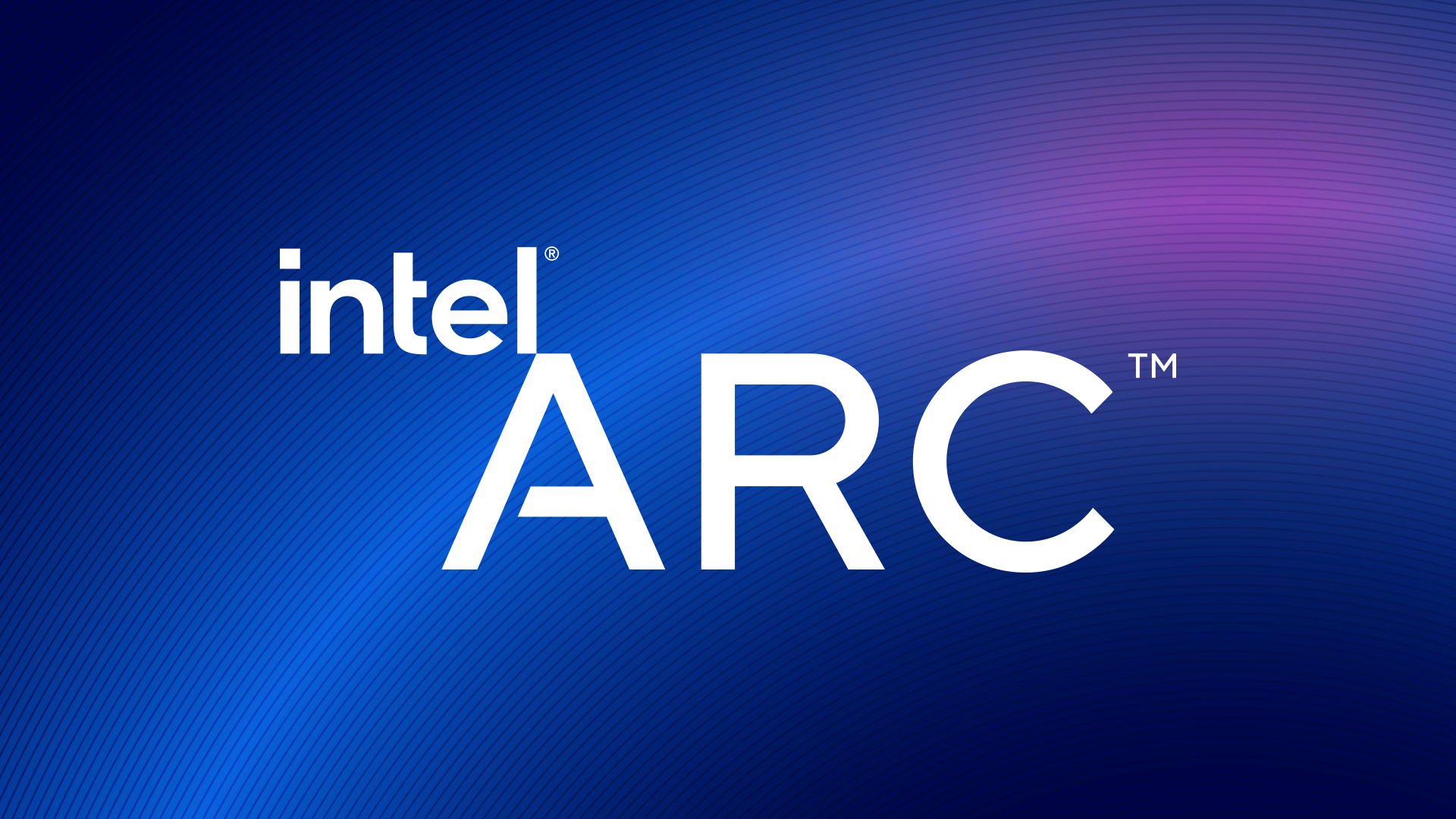Intel Arc unveiled – but how will it stack up against Nvidia and AMD?

Sign up for breaking news, reviews, opinion, top tech deals, and more.
You are now subscribed
Your newsletter sign-up was successful
Intel has announced Arc, a new brand of graphics technology that, Intel states, will span multiple generations, and cover a litany of products including hardware, software and services.
The announcement was made via Intel's own website, which includes a video showcasing how Intel Arc product features could enhance the games we play. Such features include mesh shading, real-time ray tracing and AI super sampling for incredibly detailed pictures. 4K video upscaling will also be supported.
The first Intel Arc GPUs will be released in Q1 2022. Codenamed 'Alchemist', the first wave of products will be based on Intel's Xe-HPG microarchitecture, which helps the product more efficiently compute advanced graphical features like ray tracing.
Future codenames that will supersede Alchemist include 'Battlemage', 'Celestial' and 'Druid', so Intel at least has a cool-sounding naming convention for its products.
- Intel Xe graphics cards release date, specs, news and rumors
- AMD vs Intel: which chipmaker does processors better?
- AMD vs Nvidia: who makes the best graphics cards?
Intel vice president Roger Chandler said this of the Intel Arc announcement: "Today marks a key moment in the graphics journey we started just a few years ago.
"The launch of the Intel Arc brand and the reveal of future hardware generations signifies Intel's deep and continued commitment to gamers and creators everywhere. We have teams doing incredible work to ensure we deliver first-class and frictionless experiences when these products are available early next year."
Why Intel Arc matters
Intel entering the discrete GPU space isn't exactly a surprise. It's been long-rumored that the company was working on a high-end graphics solution for some time, and further rumors claim the GPUs could launch during CES 2022.
Sign up for breaking news, reviews, opinion, top tech deals, and more.
The shakeup this could cause for the GPU market alone gives us cause to keep an excited eye on Intel Arc. Nvidia and AMD have long been the dominant players in the GPU space, with the former taking a commanding lead thanks to the sheer impressiveness of its GeForce RTX 30 series. Intel will certainly have its work cut out if it intends to pose a threat to either GPU giant, so a strong first impression will be key to winning over consumers.
Unfortunately for consumers, though, such cards haven't been the easiest to get hold of. Nvidia cards are still elusive beasts, sadly, due to the global chip shortage and cryptocurrency boom, among other factors.
Aftermarket cards like the MSI GeForce RTX 3060 Ti are becoming more common, but still command high prices that may turn off less enthusiast consumers.
Here's hoping, then, Intel Arc GPUs can throw a spanner in the works. Not only would it be great to see a bit more competition in the GPU space, but to have more cards readily available at more consumer friendly prices can only serve to introduce high-end PC gaming to much wider audiences.
- Best processor: the best CPUs from Intel and AMD

Rhys is TRG's Hardware Editor, and has been part of the TechRadar team for over four years. Particularly passionate about high-quality third-party controllers and headsets, Rhys strives to provide easy-to-read, informative coverage on gaming hardware of all kinds. As for the games themselves, Rhys is especially keen on fighting and racing games, as well as soulslikes and RPGs.